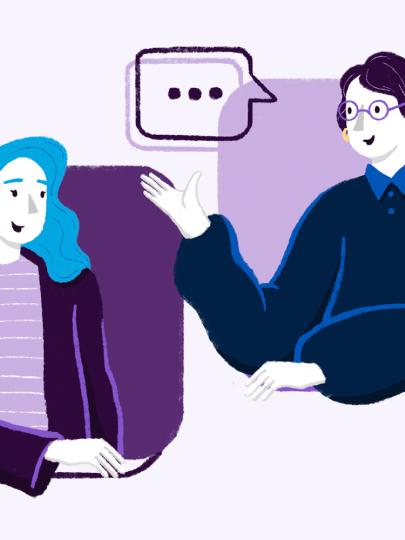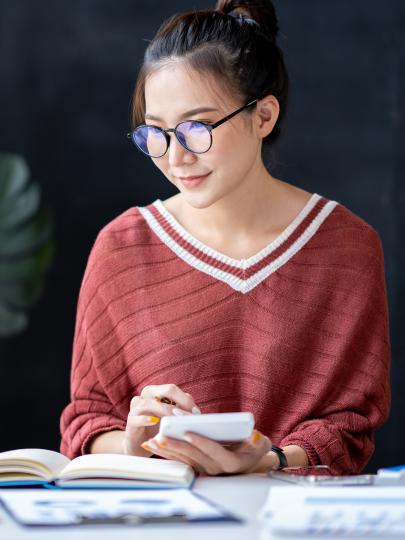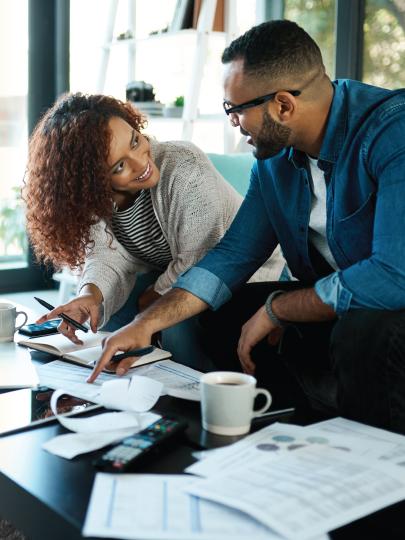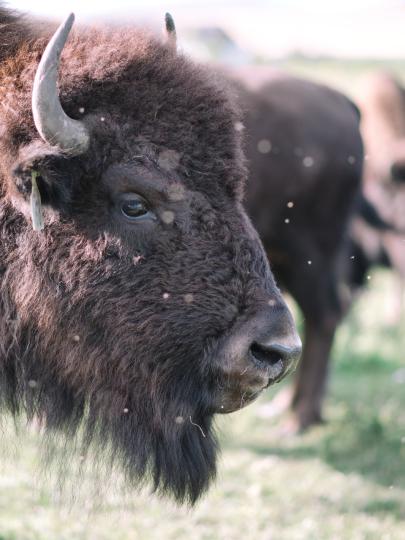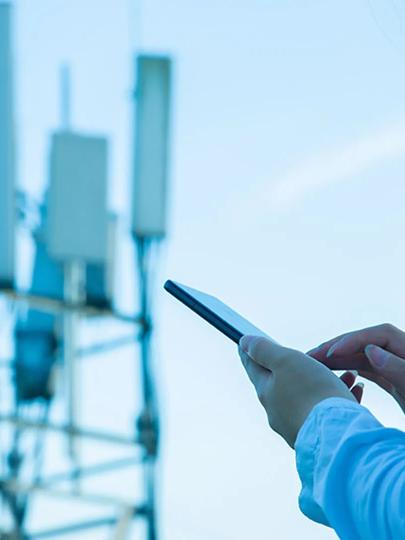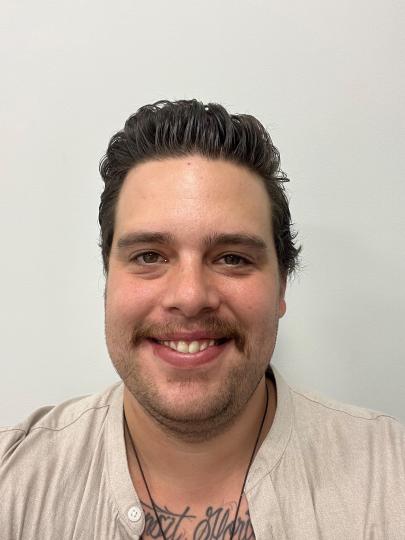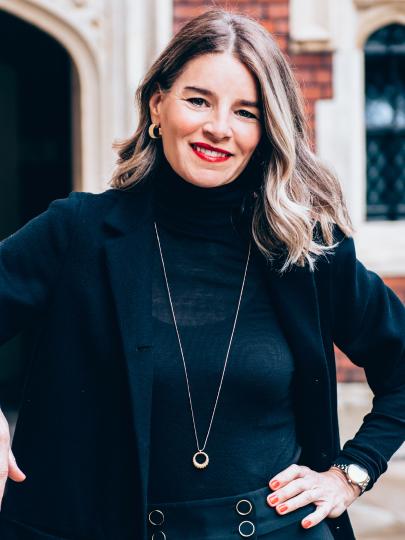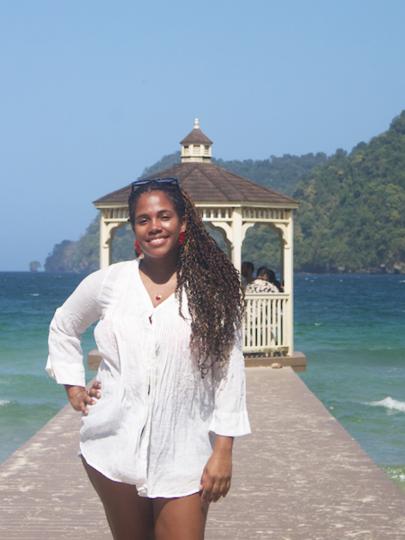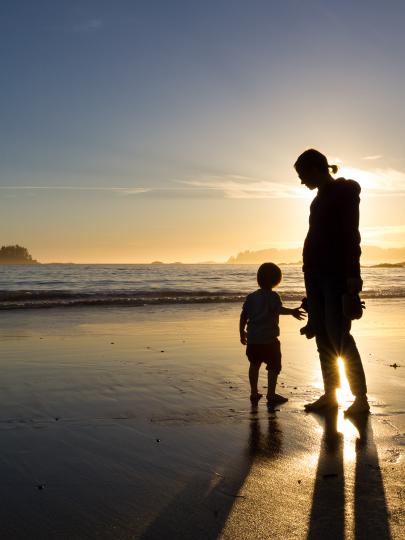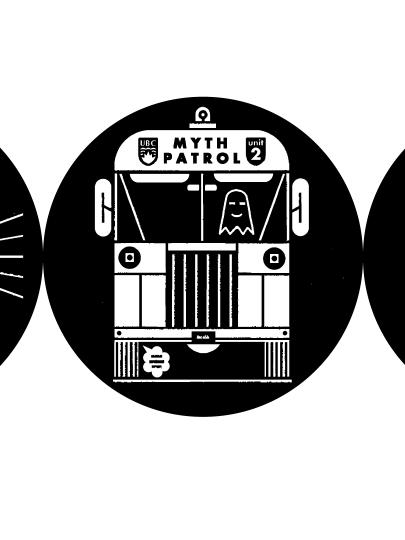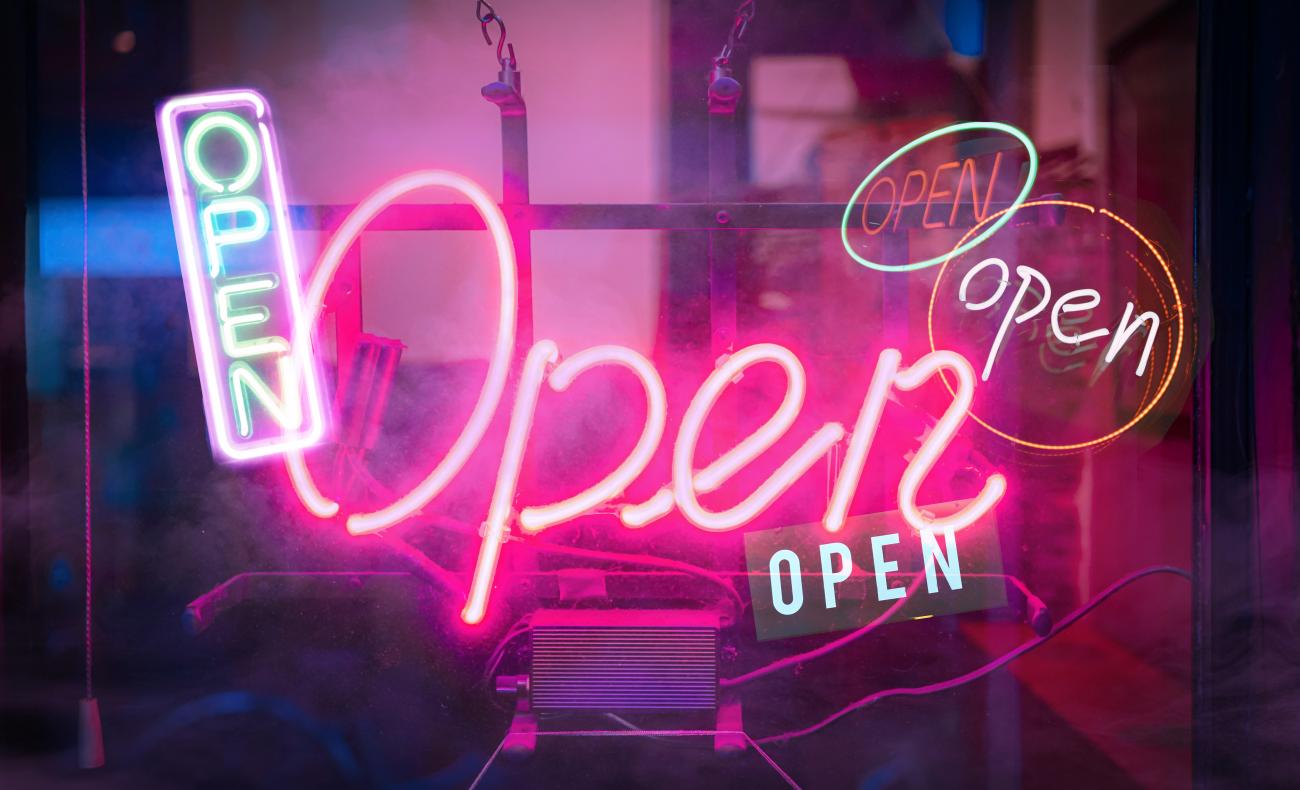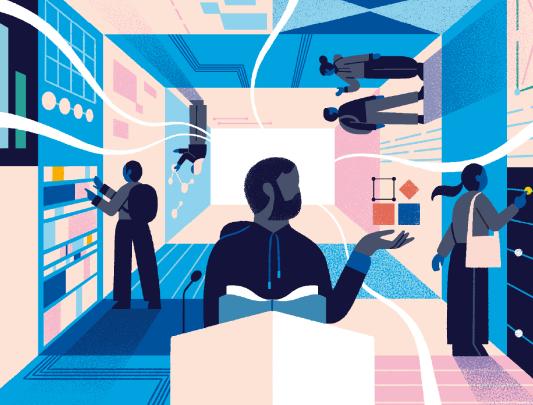Re-entry anxiety: How to adjust to a new, uncertain routine
As we anticipate the re-opening of workplaces, schools and more, these tips can help you cope.
If you have mixed feelings about returning to your old workplace or in-person classes, here’s a thought that might help: you’re not going back to your old routine — you’re starting something completely new. The catch? You may not know what that is yet.
“There are going to be a lot of adjustments,” says Dr. Lynn Alden, a clinical psychologist and professor in UBC’s Department of Psychology. “We have to renegotiate our relationship with the world. It’s going to take a while for people to adapt.”
Dr. Alden studies anxiety, and right now, she says, people have a lot of it.
“We were comfortable in a routine, and that’s been disrupted. We can no longer count on things we used to count on,” says Dr. Alden. “And we don’t know what’s going to come.”
“It’s normal to feel anxious about going back.” – DR. LYNN ALDEN
There are a lot of reasons people may feel anxious as life returns to “normal” after the COVID-19 pandemic, including lingering fears of getting sick, uncertainty about social interactions, and changing job expectations — to name a few.
“It’s normal to feel anxious about going back,” emphasizes Dr. Alden. “You’re facing an unfamiliar situation.”
Here are six tips that can help you cope.
Give yourself time to adapt
Expect that it could take a few months before we start to understand the new social rules and ways of interaction, Dr. Alden says. There may be adjustments and readjustments before you find a routine that works.
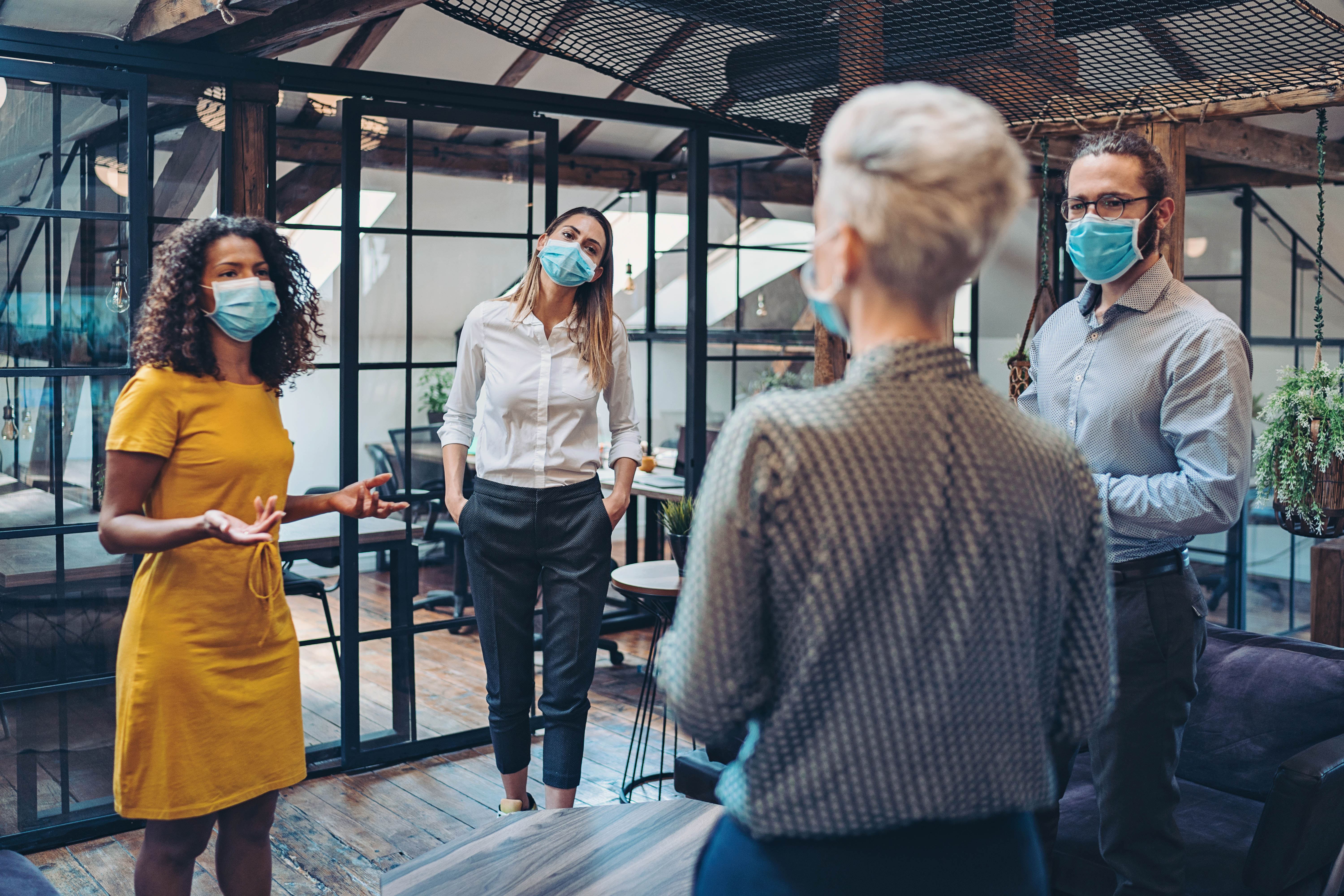
It may take time to learn new processes and protocols at work. Photo: iStock
Manage your expectations
“What you expect may happen when you return to work may not be what actually happens,” Dr. Alden notes. For example, while you may be excited to go back to the office and socialize with coworkers, recognize that after the initial return there might be a bit of a letdown. “It might take some time to re-establish social relationships to get back to the same comfort level,” Dr. Alden notes. Things aren’t likely to be the exact same way as they were before, especially while everyone works out new processes and protocols.
Take the opportunity to reboot
“There’s a tendency for people to idealize the past,” Dr. Alden says. But things weren’t perfect before COVID-19 disrupted our lives, and you may not want to return to your old routine. Look at your pre-pandemic patterns and tendencies, and consider using this period of transition as a chance to reset.
Identify your anxious feelings
“Studies show that just labelling your emotions can give you a sense of control,” Dr. Alden says. “You can identify what you feel threatened by and challenge some of those thoughts.”
For example, if you feel your chest tighten and your heart race while you’re riding transit, you could recognize that you are feeling anxiety. Ask yourself questions. What’s causing that feeling? Maybe it’s the crowded environment you haven’t experienced in a long time? Or is it the person who just boarded, who is not wearing a face mask? Once you pinpoint what is causing your reaction, you can better assess if it’s really a threat — and then work through it.

Labelling your emotions can help you gain a sense of control over anxiety in situations such as when riding transit. Photos: Pexels
Learn anxiety management techniques
Simple things like practising calming breathing techniques or progressive muscle relaxation can help you cope with anxiety. You can find free resources through Anxiety Canada, including a free MindShift cognitive behavioural therapy app.
Find your flow
Dr. Alden notes that basic things such as sleep and exercise are important in dealing with anxiety. So is managing stress. Find an activity that really absorbs your attention and puts you in the flow, whether that’s running, reading or gardening. This immersion helps you to escape yourself and tackle anxiety. She advises: “If you’ve started a hobby during COVID that you’re really interested in — keep doing it.”
This article was originally published in Beyond by the University of British Columbia.

